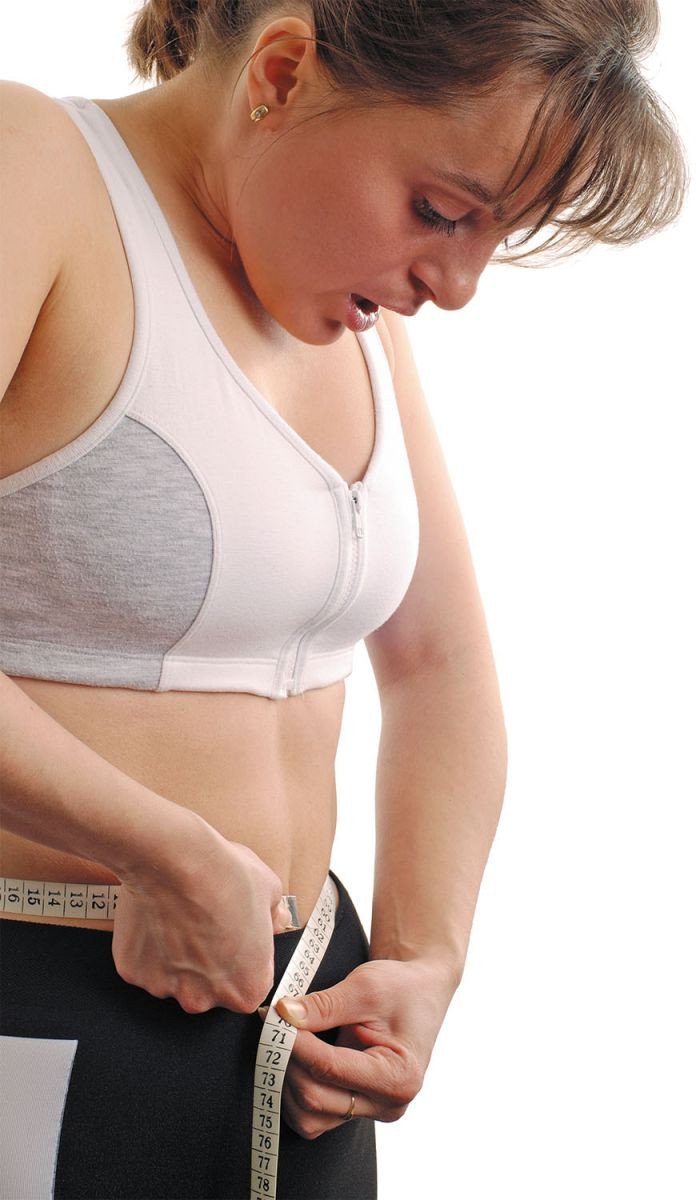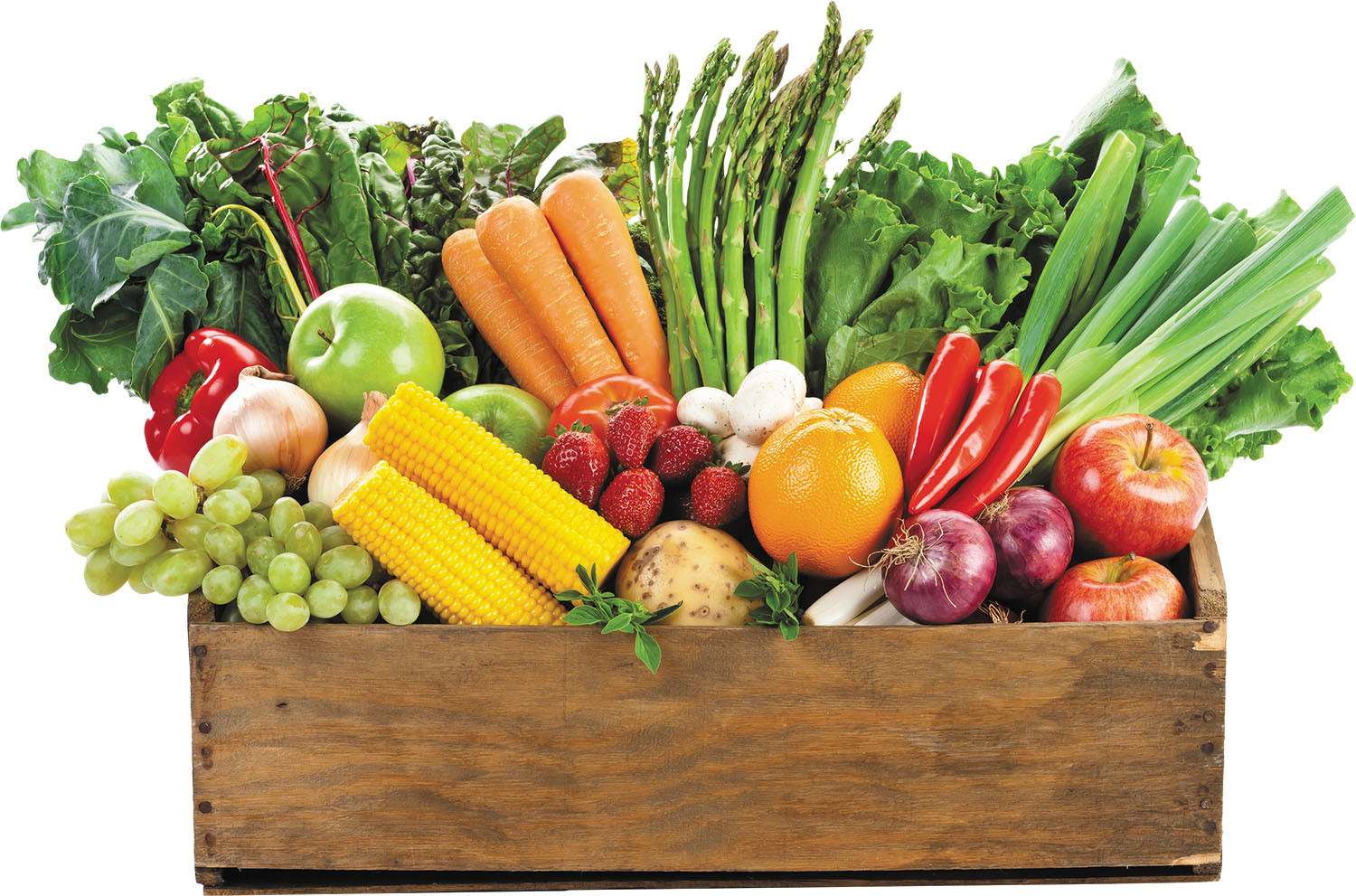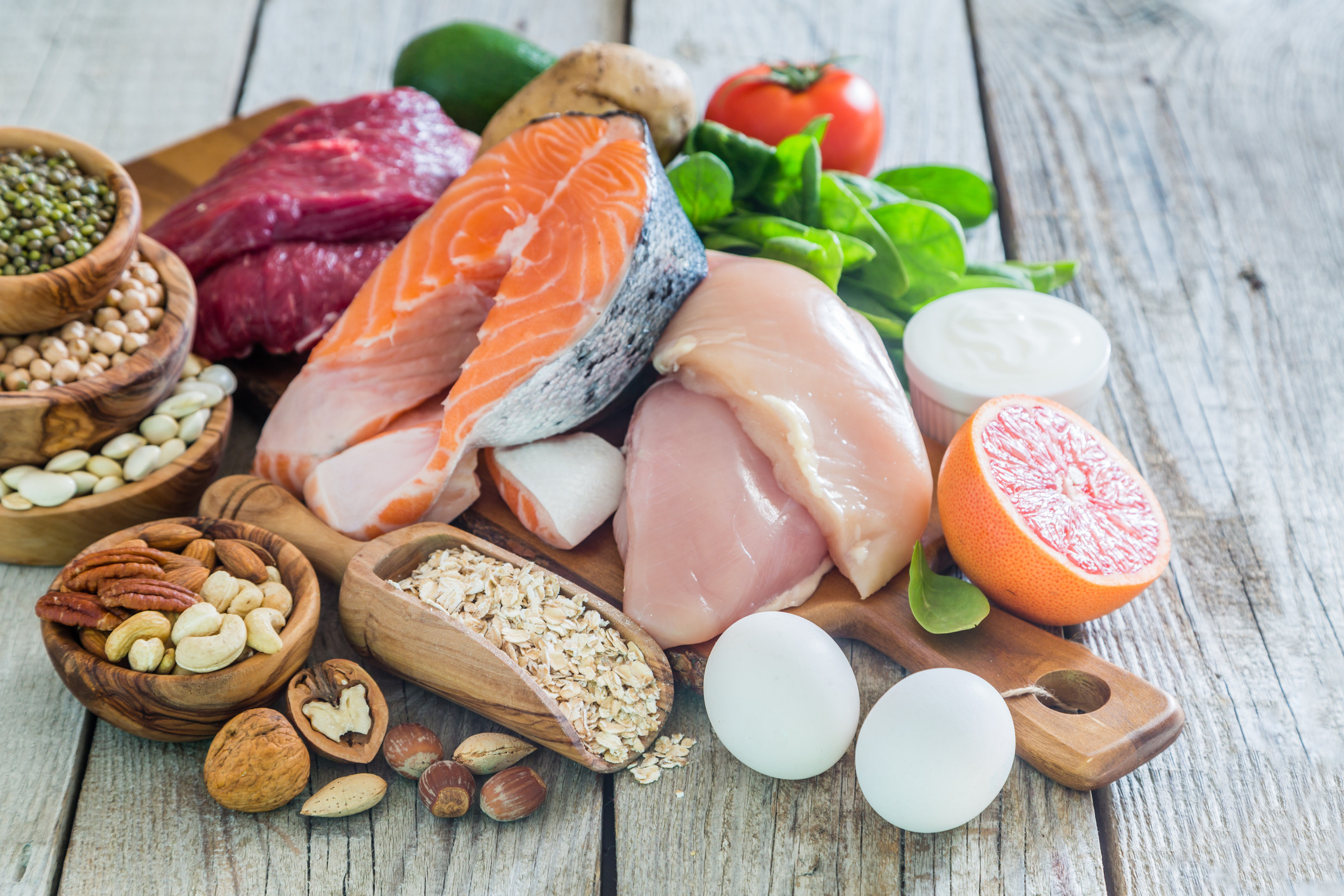
New thinking about plaque in arteries that feed the brain

Want to prevent shifting teeth? Maybe you need retainers

What you need to know about the new dietary guidelines

Food that’s healthier for people and planet can be cheaper, too

New evidence that polyphenol-rich foods help the heart

8 simple ways to reduce ultra-processed foods in your diet

How to curb your stress eating

How to spot Parkinson’s disease symptoms

Heart failure symptoms in women: How they’re different

GERD diet: Foods to avoid to reduce acid reflux
Diet & Weight Loss Archive
Articles
Eating breakfast won’t help you lose weight, but skipping it might not either
Eat breakfast? Skip breakfast? Newer research fails to link eating breakfast with eating less or weight loss. So, will skipping breakfast shave off weight?
A risky combination: Healthy weight but unhealthy activity level
News briefs
Many people think the only reason for regular exercise is that it helps you maintain a healthy weight. Not true. A sedentary lifestyle can cancel the potential heart benefits of weight control, according to a study published online Dec. 4, 2018, by the American Journal of Cardiology. Researchers looked at five years' worth of health survey responses and weight calculations from thousands of overweight and normal-weight people ages 40 to 79 who'd never had heart disease. Scientists noted the participants' amount of abdominal fat, waist size, and self-reported amounts of physical activity, then calculated everyone's cardiovascular disease risk. The results: 30% of sedentary people with a normal weight had about the same risk for a heart attack or stroke as people who were overweight. Sedentary adults whose weight was normal also had higher levels of belly fat, shortness of breath upon exertion, and an unhealthy waist circumference compared with normal-weight adults who exercised regularly. However, people with a normal weight who exercised at least 150 minutes per week were 58% less likely to have a heart attack than those in the study who were overweight.
Image: Halfpoint/iStock
Meal delivery plans: Should you give one a try?
These trendy programs may encourage healthier eating and even weight loss. But consider the cost and sustainability.
For people who don't have the time, energy, or interest to plan and prepare their own meals, a subscription meal delivery service may be an appealing option. A growing number of companies will deliver partly (or even fully) prepped meals right to your door. Many cater to a variety of dietary preferences, including vegetarian and gluten-free. Some are geared toward people seeking to lose weight or who have diabetes, and at least one provides low-sodium meals.
If you're concerned about preventing or treating heart disease, what should you consider before trying one of these plans? That depends on your particular situation, says Kathy McManus, director of the Department of Nutrition at Harvard-affiliated Brigham and Women's Hospital.
Why worry about your waistline?
Excess fat around your midsection is especially dangerous for your heart.
For decades, experts have warned that a big belly is more harmful to your heart than extra padding in your hips and thighs. A growing number of Americans now sport this unhealthy "apple-shaped" profile, according to the latest statistics from the CDC.
The average waist circumference for men is now 40.2 inches, up from the 39 inches recorded in the last survey, which was done in 1999–2000. Women's waist measurements also rose — from an average of 36.3 to 38.6 inches. That means that a majority of Americans now have belly sizes that put them at high risk (see "Gut check: How to measure your midsection").
Can you eat away at your cancer risk?
A healthy diet should go heavy on vegetables and skip alcohol, sugary drinks, and processed foods.
Image: © fcafotodigital/Getty Images
Most of the time when someone gets cancer, it's because of bad genes or bad luck. But as many as four in 10 cancers may be preventable. And diet likely plays an important role in reducing (or increasing) your risk.
It's no surprise that vegetables and fruits are thought to reduce cancer risk, according to Teresa Fung, adjunct professor in the Department of Nutrition at the Harvard T.H. Chan School of Public Health and faculty editor of Healthy Eating, a Special Health Report from Harvard Health Publishing (available at www.health.harvard.edu/special-health-reports). It probably also won't shock you to learn that bacon, fast food, and sugary drinks fall into the opposite category. But how can you know for sure which foods to eat and which to avoid?
Benefits of a healthy diet — with or without weight loss
Can you improve your health by changing your diet, even if you are unable to lose weight? Three studies examined different variations on the DASH diet, and all found improvements in blood pressure, plus lower LDL cholesterol and triglycerides in one instance — even without weight loss.
Can a low-carbohydrate diet help keep weight off?
Researchers found that a low-carbohydrate diet helped people who had lost weight to avoid regaining it, but the length of time the participants were studied may not have been sufficient to affirm the results. Still, reducing carbohydrate intake may be a good idea if you are trying to keep off lost weight.
Weight may determine how much aspirin is needed to prevent heart attacks
In the journals
Image: © sd619/Getty Images
Low-dose aspirin therapy has been shown to help prevent heart attacks, but a study in the Aug. 4, 2018 issue of The Lancet suggests men who weigh more than 154 pounds may need higher doses. Researchers analyzed 10 trials that evaluated daily aspirin therapy for cardiovascular disease prevention in 120,000 men and women. The study participants had no history of heart or vascular disease. The researchers found that low-dose daily aspirin — 75 to 100 mg — was associated with reduced risk for heart attack and stroke among both men and women who weighed less than 154 pounds.
However, there was no significant effect for heavier patients. (About 80% of the men in the study were among this group.) The reason? The researchers speculated that people with more weight also have higher amounts of esterase, an enzyme that reduces how much aspirin is available in the body.
10 behaviors for healthy weight loss
Trying to lose weight and keep it off can be frustrating, but adopting certain healthy behaviors in your food buying and eating habits can make the challenge of losing weight more manageable.
Antidepressants tied to weight gain
News briefs
Image: © adamkaz/Getty Images
We're learning more about the link between weight gain and several major classes of antidepressants, such as selective serotonin reuptake inhibitors (SSRIs), like sertraline (Zoloft), and tricyclic antidepressants, such as amitriptyline (Elavil). Research has shown that putting on pounds is a possible short-term side effect of the medications. But a study published May 23, 2018, in The BMJ suggests that antidepressants are also associated with sustained weight gain. Researchers analyzed the health information of more than 300,000 people in the United Kingdom (average age 51) who'd had their weight and body mass index measured at doctor appointments between 2004 and 2014. About 18% had been prescribed antidepressants. During the study period, people who took antidepressants had a 21% higher risk for a 5% or greater weight gain, compared with people who didn't take antidepressants. The risk peaked in the second and third years. There was no evidence of weight gain after seven years. The study was observational and didn't prove that antidepressants cause weight gain. But researchers hope the findings will encourage people to talk to their doctors about weight gain as a possible side effect of antidepressants, and plan for potential and even delayed weight gain if they're using the medications.

New thinking about plaque in arteries that feed the brain

Want to prevent shifting teeth? Maybe you need retainers

What you need to know about the new dietary guidelines

Food that’s healthier for people and planet can be cheaper, too

New evidence that polyphenol-rich foods help the heart

8 simple ways to reduce ultra-processed foods in your diet

How to curb your stress eating

How to spot Parkinson’s disease symptoms

Heart failure symptoms in women: How they’re different

GERD diet: Foods to avoid to reduce acid reflux
Free Healthbeat Signup
Get the latest in health news delivered to your inbox!
Sign Up











